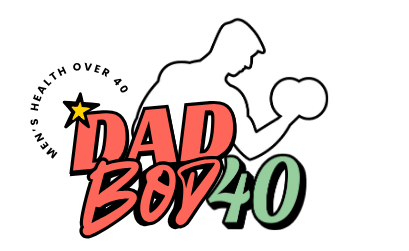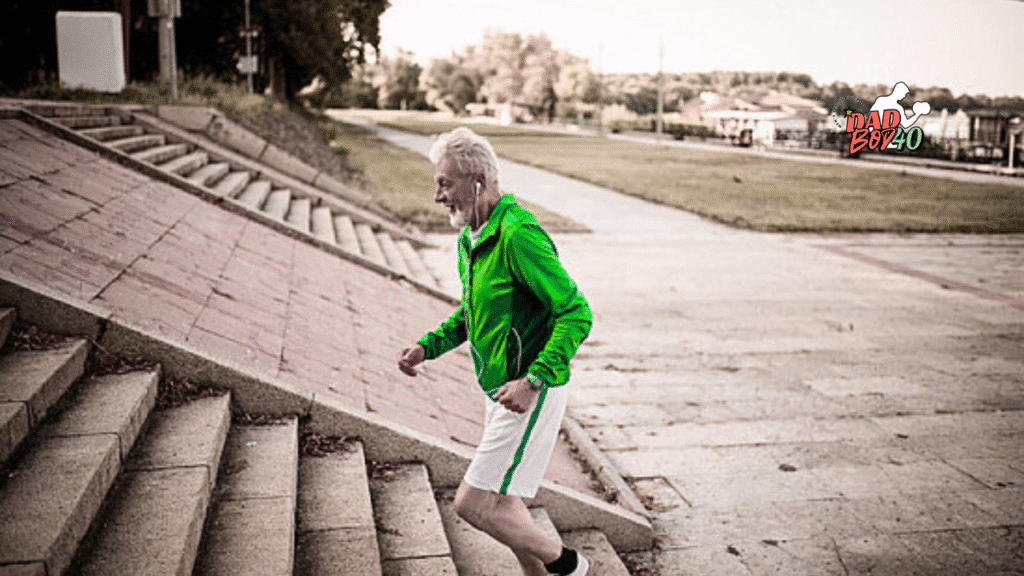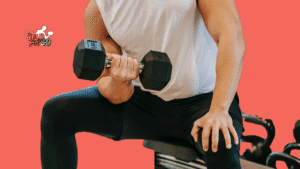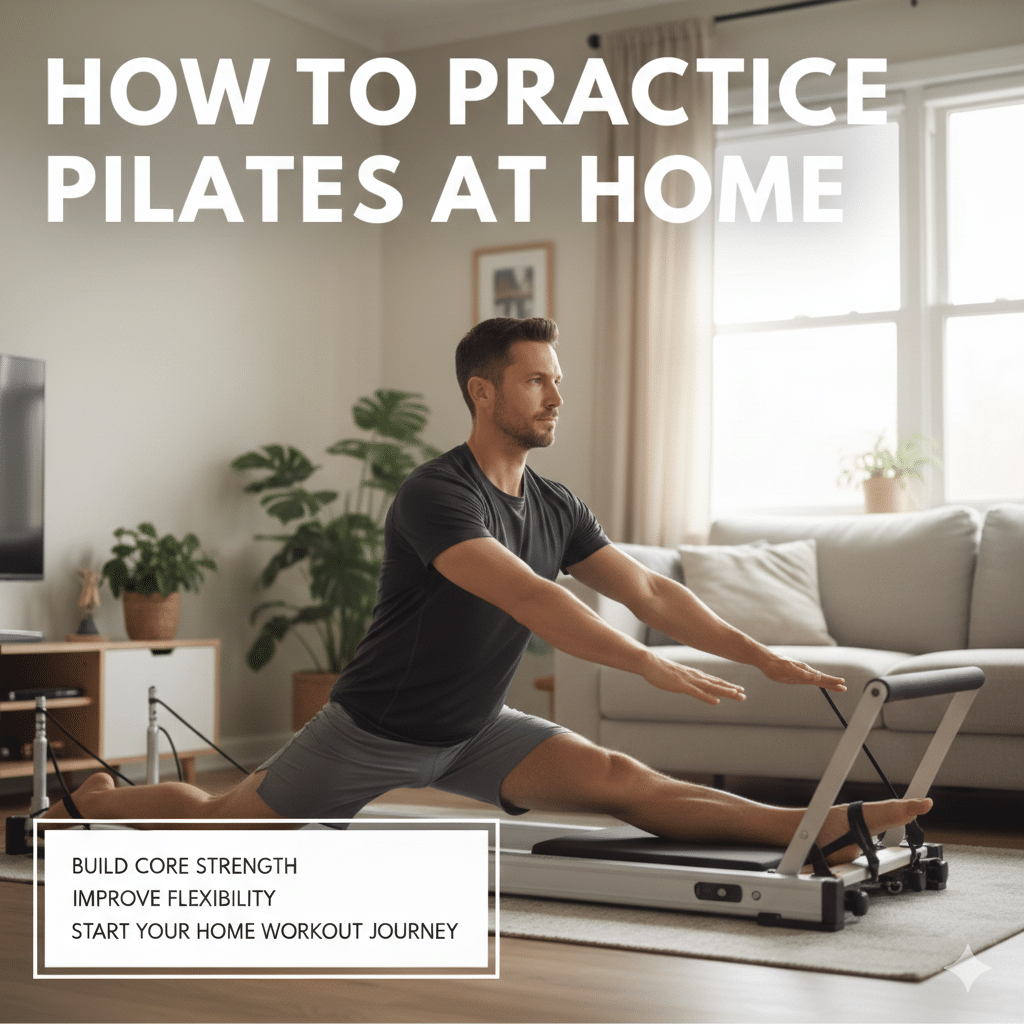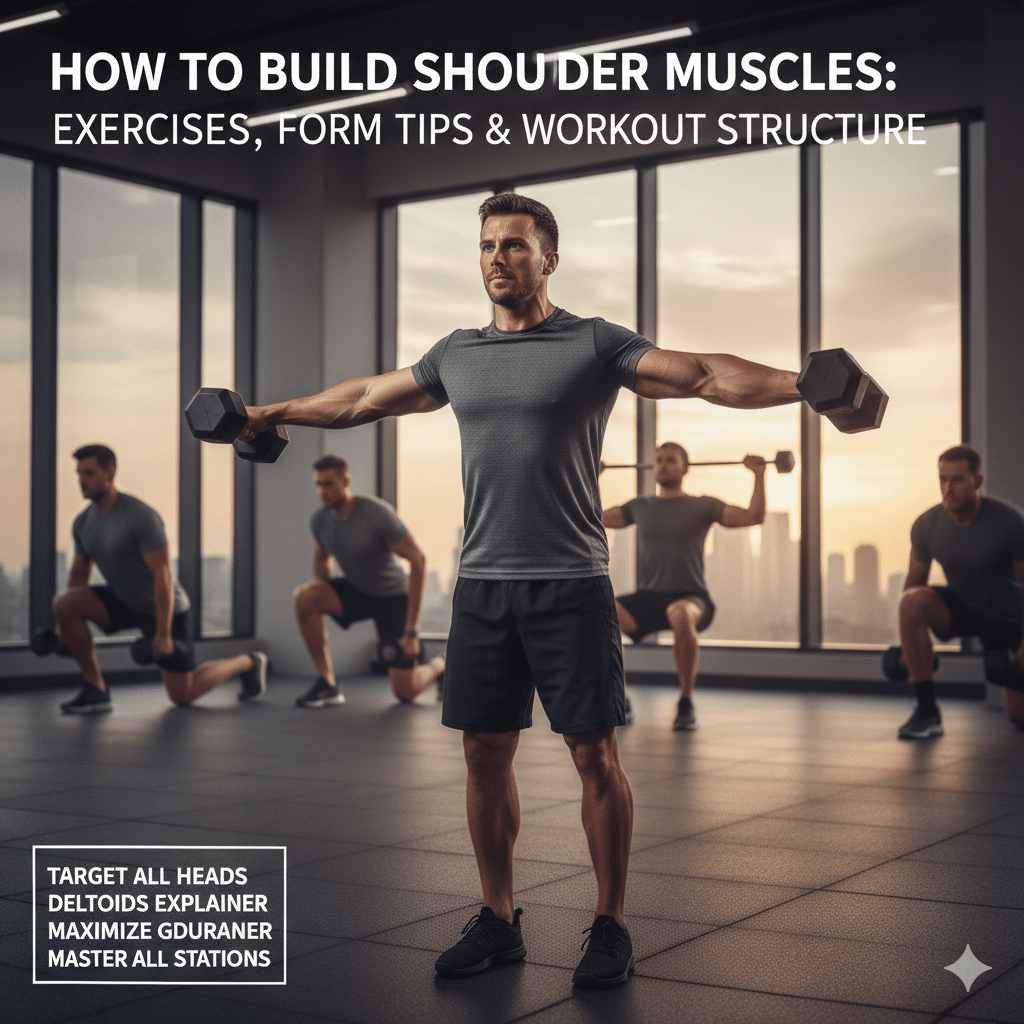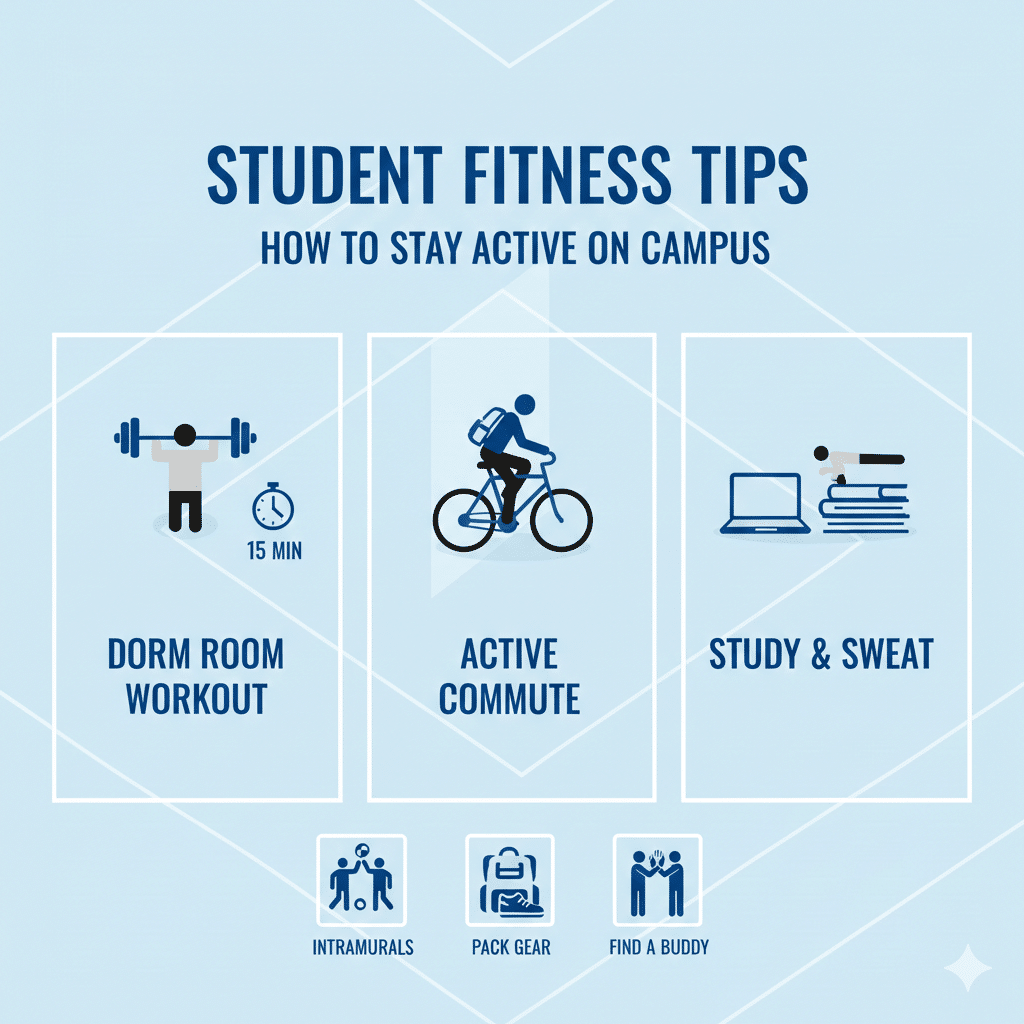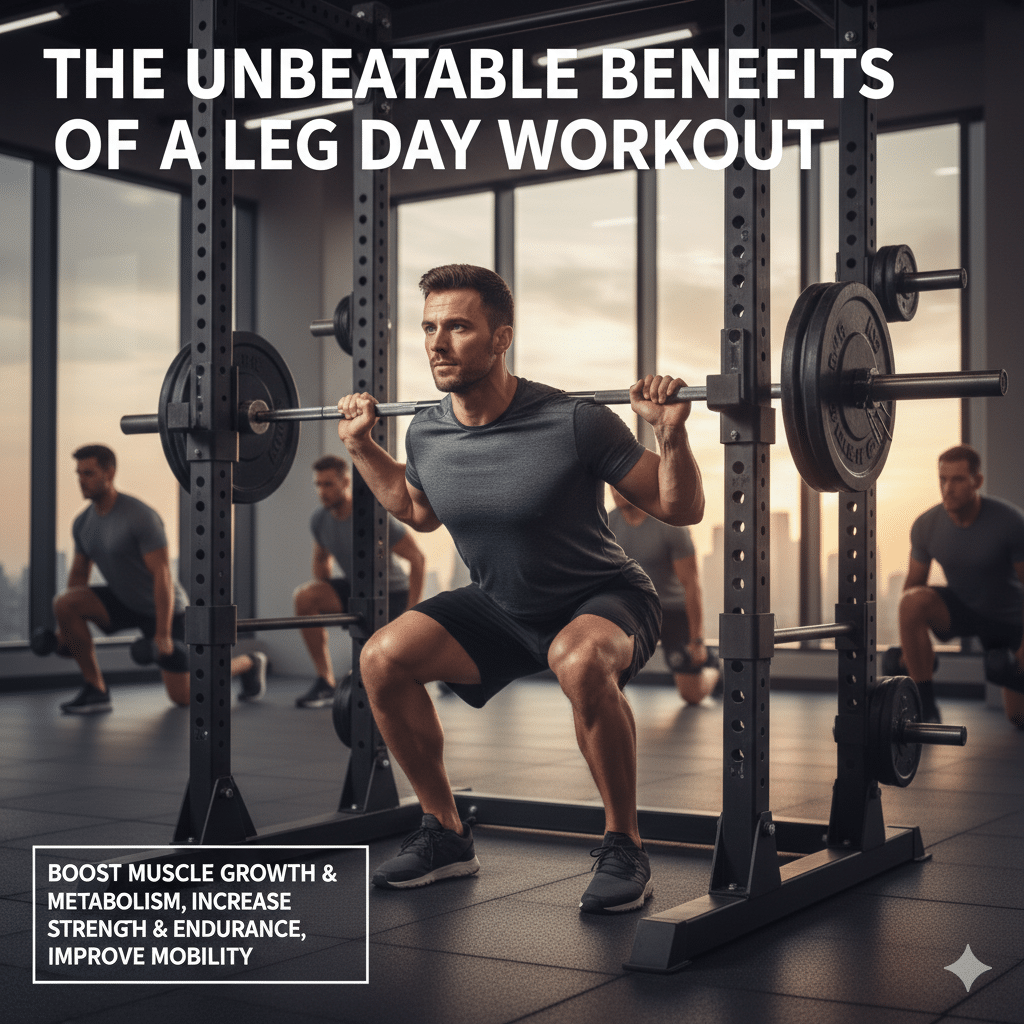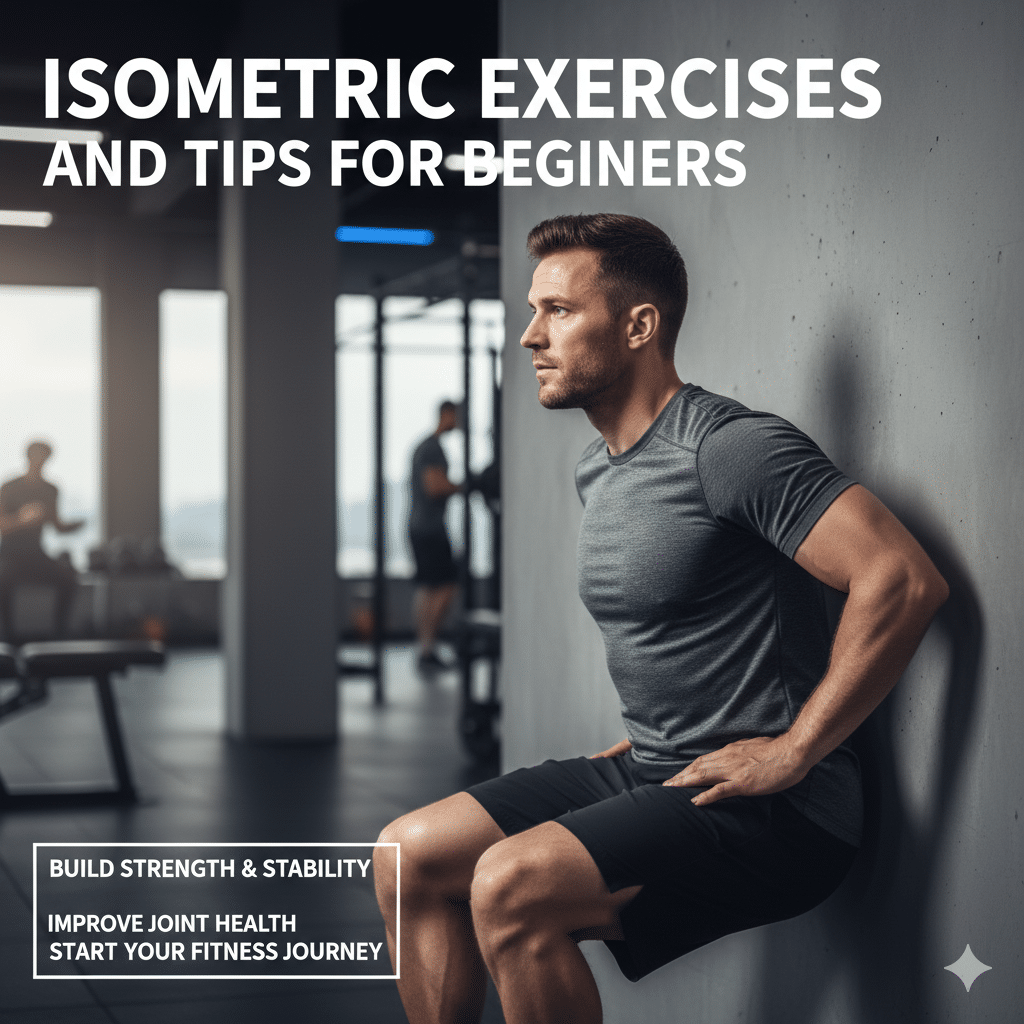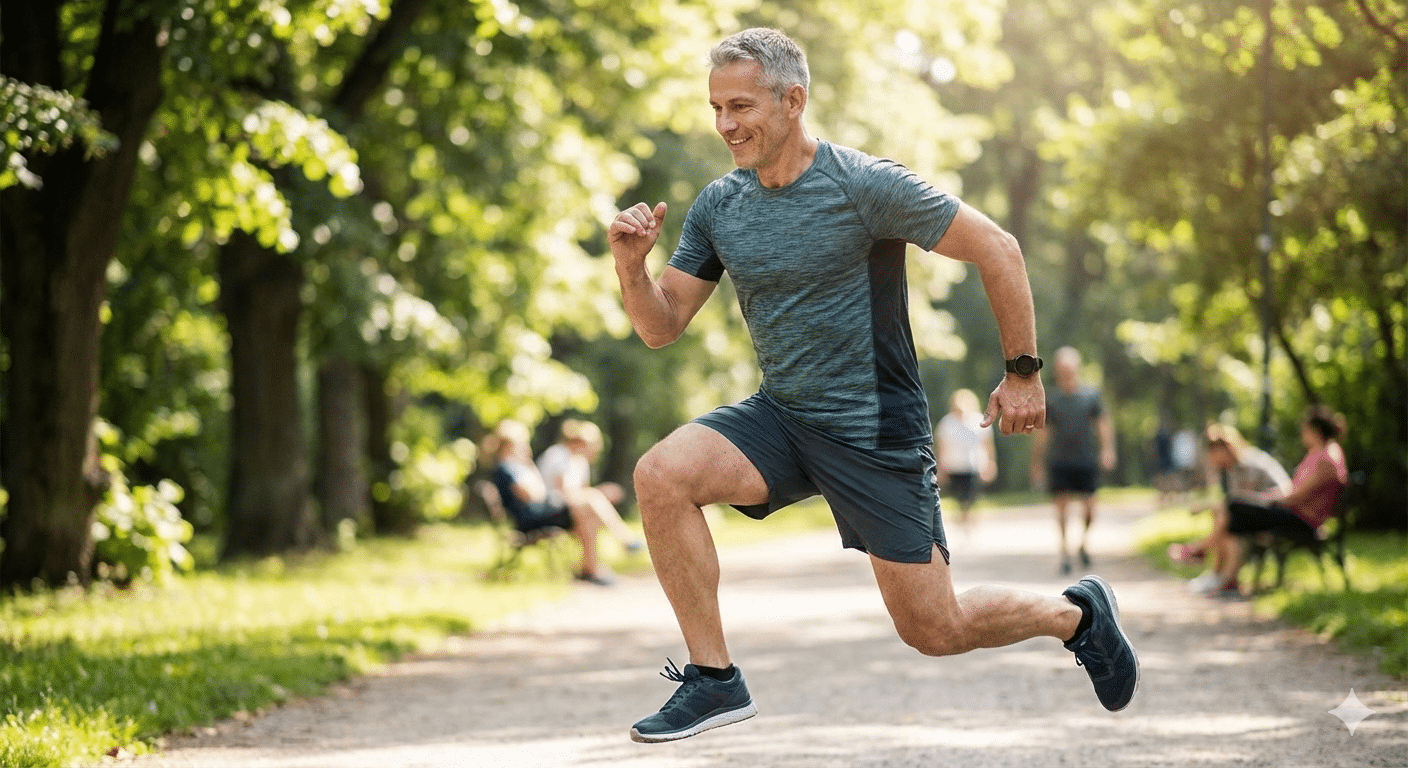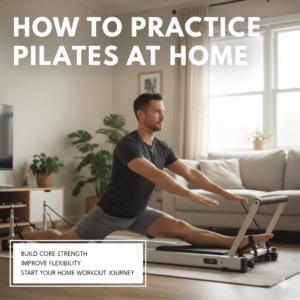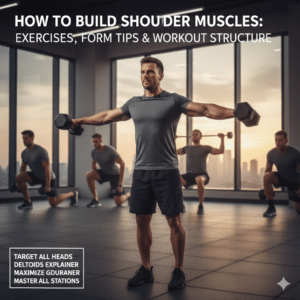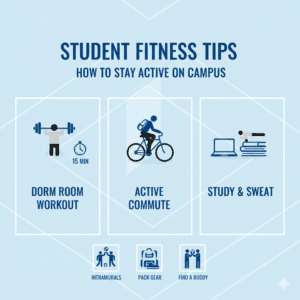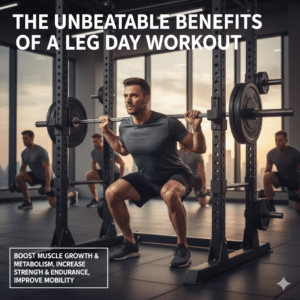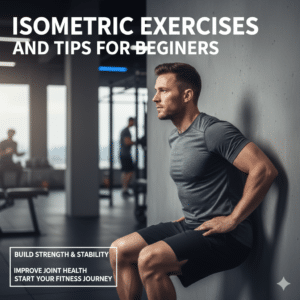Can Exercise Treat Depression? What the Research Says
What’s up, my fellow dads and dudes? Joshua Van here, the guy running Dad Bod 40, where we dish out straight-up nutrition, exercise, and supplement advice for men over 40 just trying to keep it real. Ever caught yourself asking, “Can exercise really help depression? What science says” while stuck in one of those funk-filled days? Man, I’ve been there sprawled on the couch, feeling like the world’s weighing me down. But let me tell you, getting out for a run or throwing around some weights flipped my whole vibe. I’ve dug into the latest 2025 research from spots like JAMA and Mayo Clinic to share how exercise can be a game-changer for us midlife guys. This is real, from-the-gut stuff to help you feel like you again.
At Dad Bod 40, I’m all about keeping it practical for us regular Joes no fluff, just what works to live better as we age. I’ve pored over the newest studies to bring you the straight dope. Let’s jump in and see how moving your body can lift your spirit.
Key Takeaways
- Exercise isn’t just for looking good it’s a legit way to fight off depression, sometimes as good as pills for the lighter stuff.
- Fresh 2025 studies show workouts can cut those heavy feelings by 20-30%, especially for us older guys.
- Men over 40 do best mixing cardio and strength think a quick jog and some push-ups.
- Shoot for 150 minutes a week; even short bursts help big time.
- It’s a great tool, but if the blues hit hard, team it with a doc’s advice.
Why Exercise Can Kick Depression’s Butt
Ever felt like walking through molasses in the morning? Happened to me before and I was sitting there with my coffee with a forehead slap asking myself why the am I so heavy? After I got moving though nothing elaborate just a walk or some dumbbell action I turned the lights off on those thoughts. Turns out science is all over this: Exercise increases brain chemicals like endorphins, giving your negative thoughts competition.
A 2025 study published in JAMA Network Open reported that exercise reduced depression and anxiety in older adults. You don’t need to be a gym rat just steady movement does it. The BMJ chimed in last year, saying stuff like walking, jogging, or lifting weights works wonders, especially if you push a bit. It’s like a pep talk for your soul while your body gets tougher.
Here’s the science-y part: Exercise cools off brain inflammation and boosts something called BDNF, which helps your head handle stress better. I felt it myself a while back when I was down short hikes started clearing the haze. A Frontiers study ties exercise to feeling better all around, body and mind.
Why Men Over 40 Need This Now
Let’s be real, brothers hitting your 40s ain’t all smooth sailing. Hormones go wonky, work’s a grind, and maybe the kids are off doing their thing. Depression creeps up on about 1 in 10 of us, often hiding as grumpiness or just being wiped out. But here’s the deal: Exercise made for our age group can turn that around.
That JAMA study I mentioned? It showed older folks (60s, but it fits us too) felt way better with regular movement. For men over 40, blending cardio like a solid walk with strength moves like lifting is the ticket. A 2025 Journal of Affective Disorders study says getting active sharpens your brain and eases depression. I’ve lived it tossing in some squats after a run makes me feel like I can take on the world.
Mayo Clinic’s got our backs, saying exercise helps with depression and anxiety no matter how old you are. Plus, it keeps the blues from sneaking back, according to older studies like HUNT that still hold water. As a dad with a million things on my plate, this is my go-to for staying grounded.
Best Moves to Shake Off the Gloom
Not every workout’s gonna lift your mood, so here’s what the pros say works, based on the latest research:
- Cardio Jams: Brisk walks, bike rides, or a swim. The BMJ loves walking and jogging for depression relief. Keep it chill enough to chat.
- Strength Vibes: Grab some weights or do bodyweight stuff. That BMJ study says strength training’s a heavy hitter.
- Calm Moves: Yoga or tai chi. They mix motion with chill, cutting stress, per PubMed Central.
Hot tip: Do it with your crew. 2025 research says group exercise sticks better and pumps up your mood more.
Fitting It In Without Losing Your Mind
I get it life’s a circus. Work, kids, maybe a dog eating your socks. You don’t need to camp out at the gym, though. Health folks say 150 minutes a week of moderate exercise is plenty for mental health. Break it up: a quick stroll with the wife, some push-ups while the game’s on. Write down how you feel before and after you’ll notice the shift fast.
If your doc gives the green light, toss in supplements like fish oil to boost the anti-depression vibes. But if the blues are crushing you, exercise is your sidekick, not the whole fix talk to a pro.
Sidestepping the Hiccups
No energy? Start tiny UCLA says go for stuff you actually enjoy. Sore knees? Try swimming or biking. And always check with your doc before going hard, especially past 40.
FAQs
Can exercise beat pills for depression?
For mild stuff, sometimes it’s 1.5 times better in some cases. For rough times? Use both.
How much do men over 40 need?
150 minutes moderate a week. Even less helps, says Mayo.
Can it keep depression away?
Hell yeah cuts the risk big time, per studies.
Hate the gym? What else?
No problem mow the yard, dance, whatever gets you going.
Does it help anxiety too?
Yup, knocks out both for us older guys.
References
I stuck to the good stuff for this here’s the list:
- Effect of exercise for depression: systematic review… BMJ, 2024.
- Role of exercise in depression treatment. PubMed Central, 2023.
- Depression and anxiety: Exercise eases symptoms. Mayo Clinic, updated.
- Exercise Interventions for Depression… JAMA Network Open, 2025.
- Effects and Mechanisms of Exercise… Frontiers, 2021.
- Exercise and Depression Prevention… AJP, 2017.
- Efficacy of exercise interventions… Journal of Affective Disorders, 2025.
- Exercise vs. medication… Medical News Today, 2023.
- Exercise and Mental Health Link. UCLA Health, 2018.
